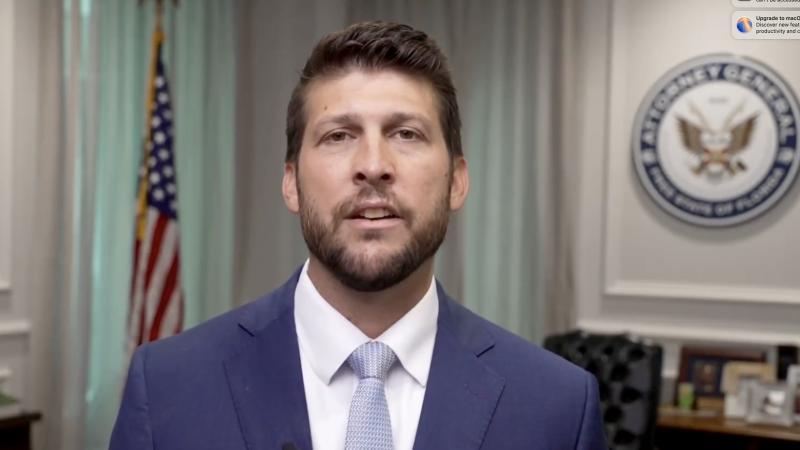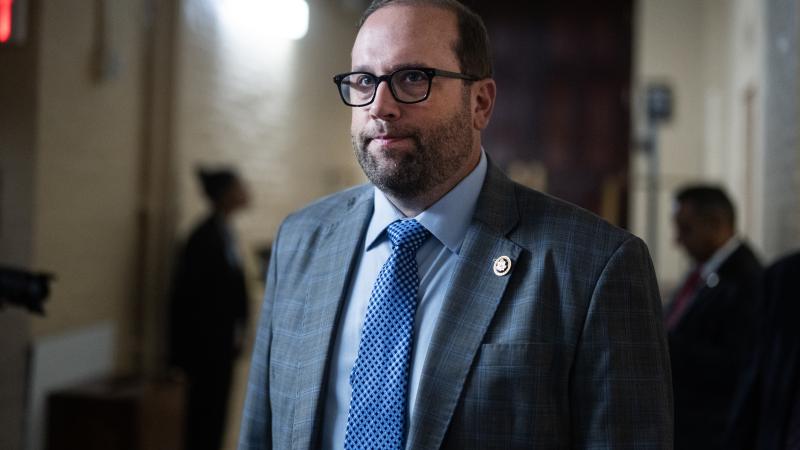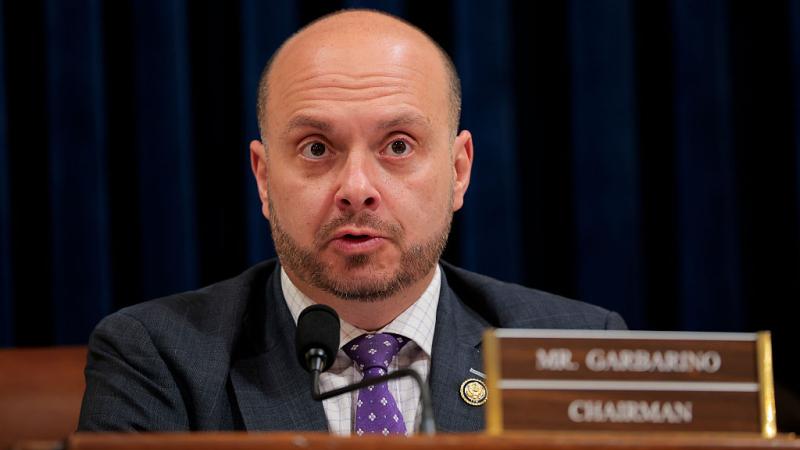Texas lawmakers file bills to return management of elections to elected officials
Their bills seek "to restore voter trust, accountability, and transparency in large county elections by returning the management of elections back to elected officials," their legislative sponsors said in a joint statement.
Two Houston area lawmakers filed bills to return management of elections to election officials after numerous lawsuits were filed in Harris County over multiple irregularities stemming from changes to how elections were managed in 2020 and 2022.
State Sen. Paul Bettencourt (R-Houston) and Rep. Briscoe Cain (R-Deer Park) filed SB 1750 and HB 3876, respectively, "to restore voter trust, accountability, and transparency in large county elections by returning the management of elections back to elected officials," they said in a joint statement.
"Voters should have confidence in their elections, and when they see Harris County Elections administrators botch election after election in 2022 that confidence is shaken," Bettencourt said. His bill, he explained, seeks to return Harris County elections "to the way it used to work" when they were run by an elected county clerk and county tax assessor collector.
Five of the six most populated counties in Texas are currently run by appointed election administrators: Harris, Dallas, Tarrant, Bexar, and Collin counties, which the lawmakers argue have "nearly no oversight from County Election Commissions."
The bills would change this by returning the power and duties of the appointed election administration to two elected positions of county tax assessor-collector and county clerk in counties that have populations over 1 million. According to Texas Demographics, Harris has a population of nearly 4.7 million; Dallas, 2.6 million; Tarrant 2 million; Bexar 1.9 million and Collin slightly over 1 million.
If the bills pass and are signed into law, the county tax assessor-collector would serve as the voter registrar, and the county clerk would once again perform election administration duties. In Harris County, for example, in 2020, the split duties were combined to fall under a newly created election administration office, which Attorney General Ken Paxton said at the time was illegal.
The companion bills filed would only address one aspect of the county's problem. A criminal investigation launched by the Democratic Harris County District Attorney’s Office and Texas Rangers continues over another issue, as do 21 cases brought by Republican candidates who sued over election irregularities during the November 2022 election. The lawsuits address failures of the election administrator's office, including voters being turned away from multiple polling locations due to numerous glitches, not enough paper ballots for over 120 voting centers despite millions of paper ballots available for distribution held in a warehouse.
This is after Harris County spent $27 million on the 2020 election and a record $54 million on new voting machines for the 2022 election, and after its former elections administrator was forced to resign after at least 10,000 ballots weren't counted in the 2022 primary election.
Cain said Harris County's "experiment" with its newly created elections administrator position failed and by returning responsibilities to elected positions, he said, voters would "have a say in who is running their elections."
"The nation's third largest county cannot have third world elections anymore," Bettencourt added.















